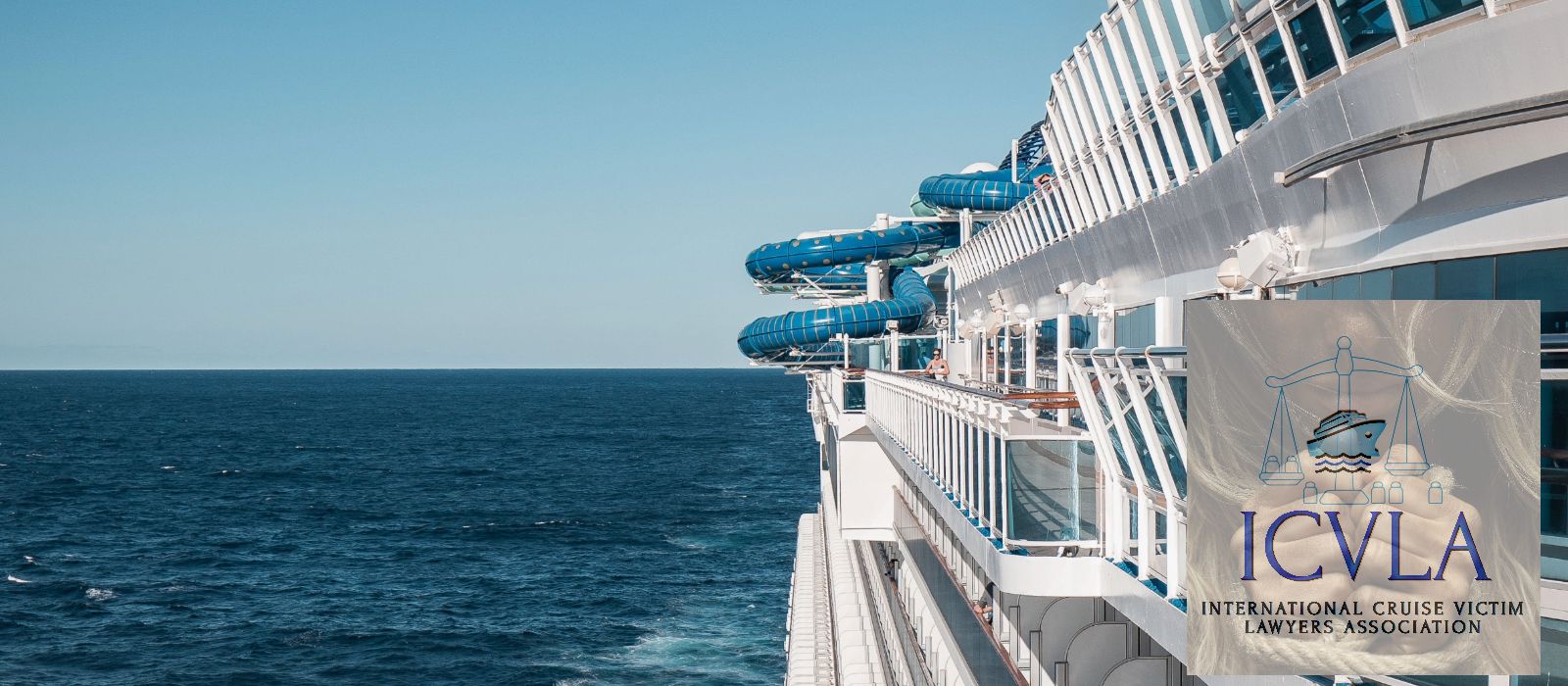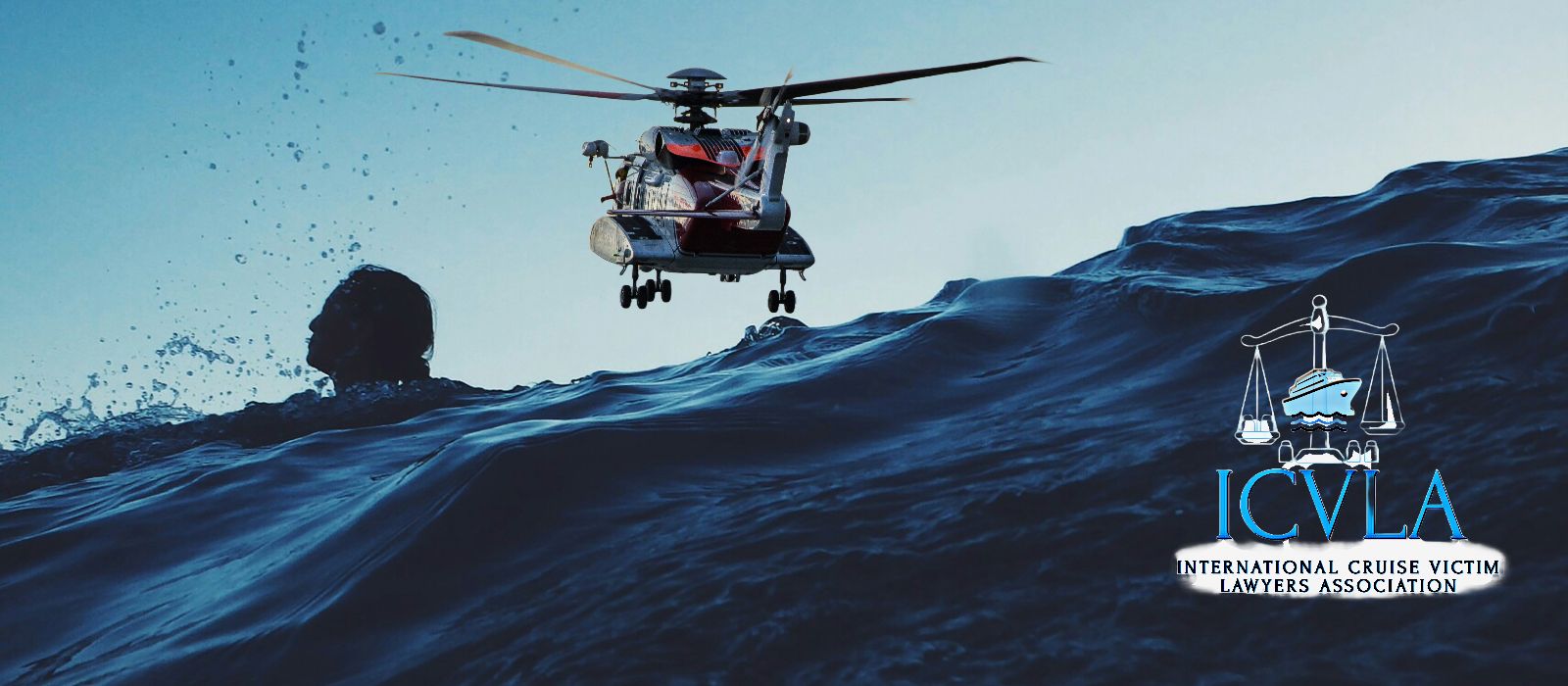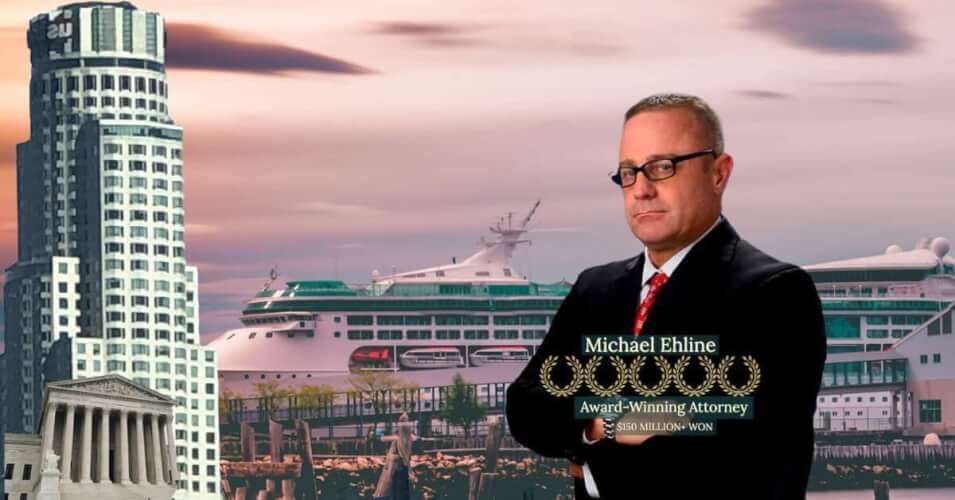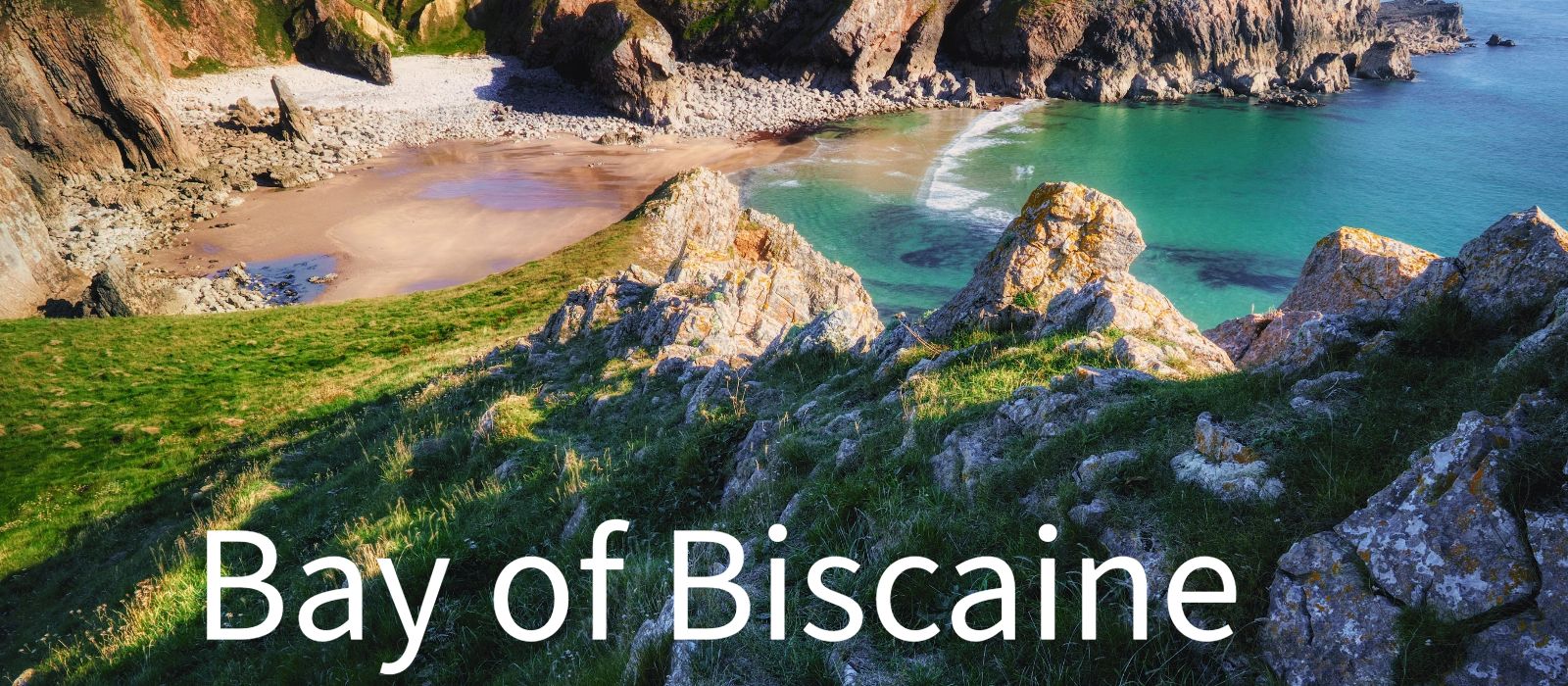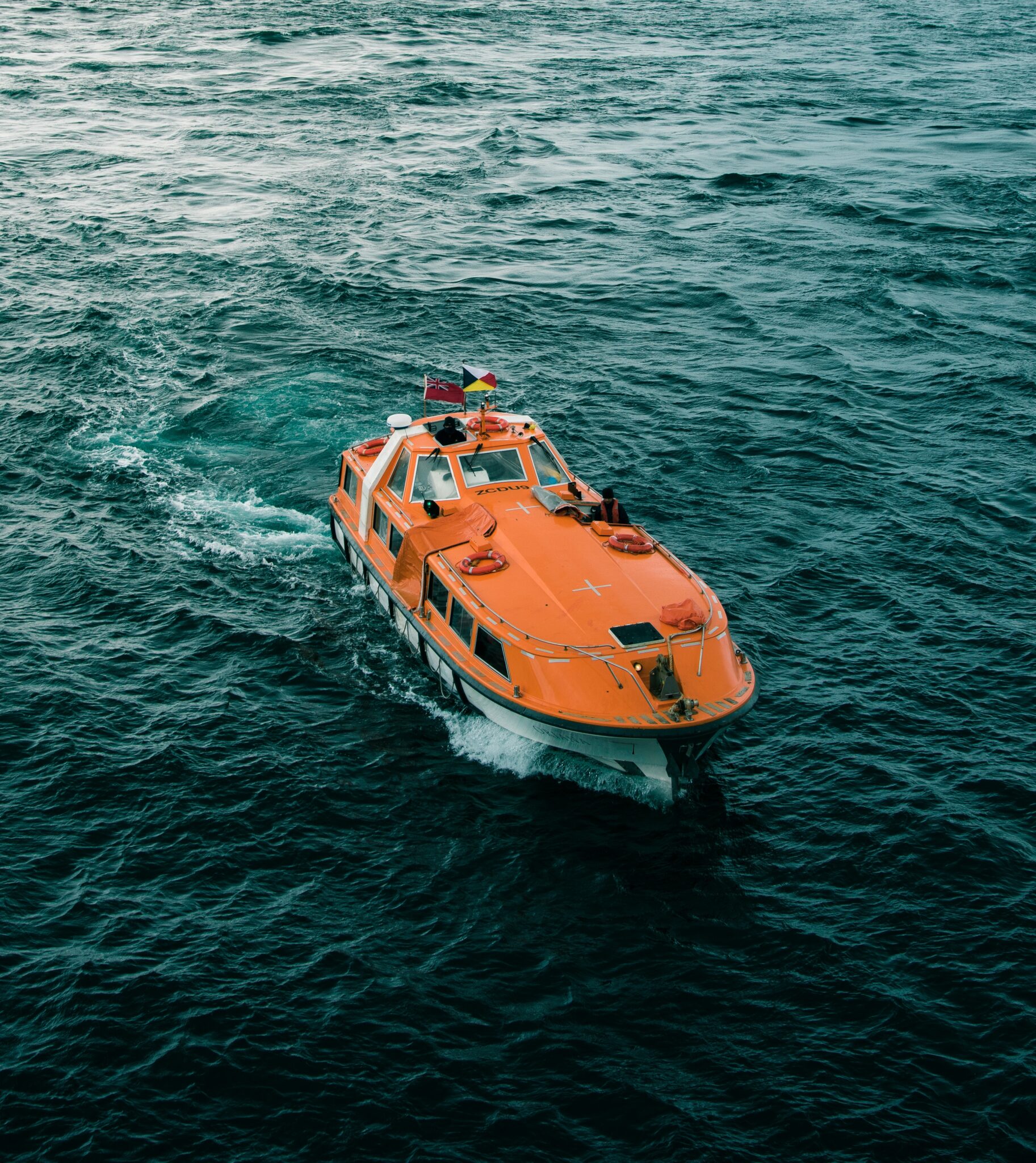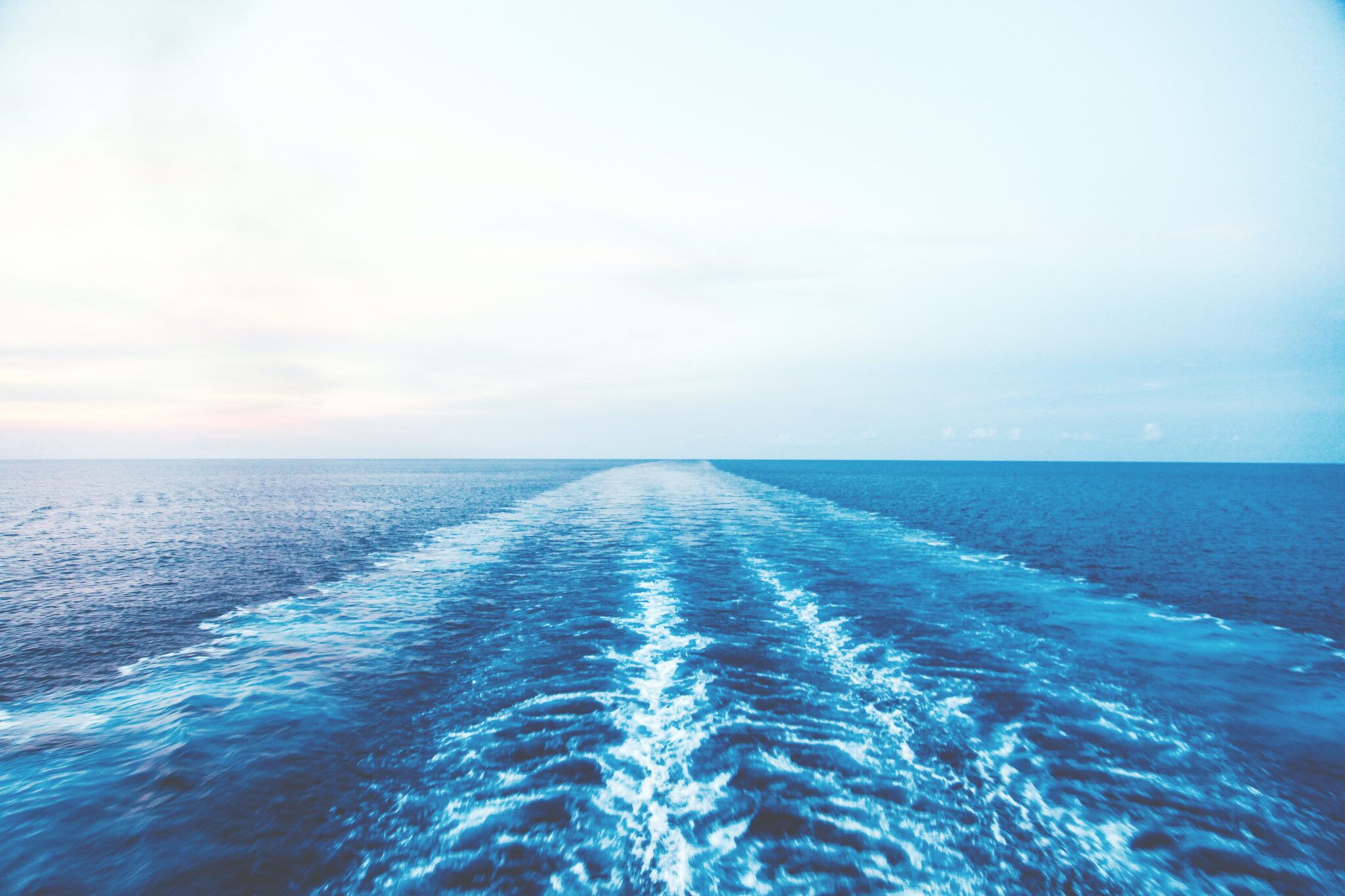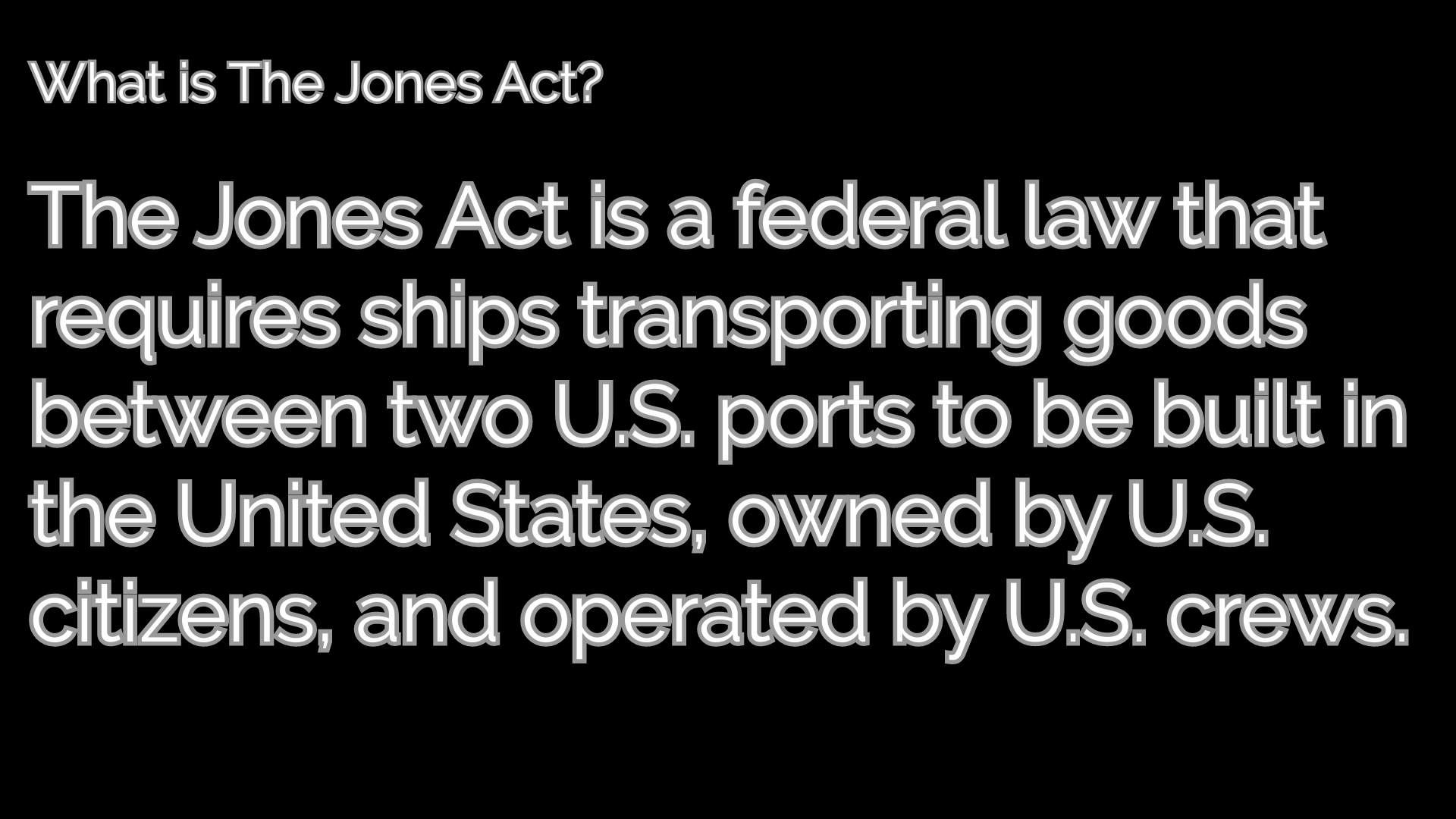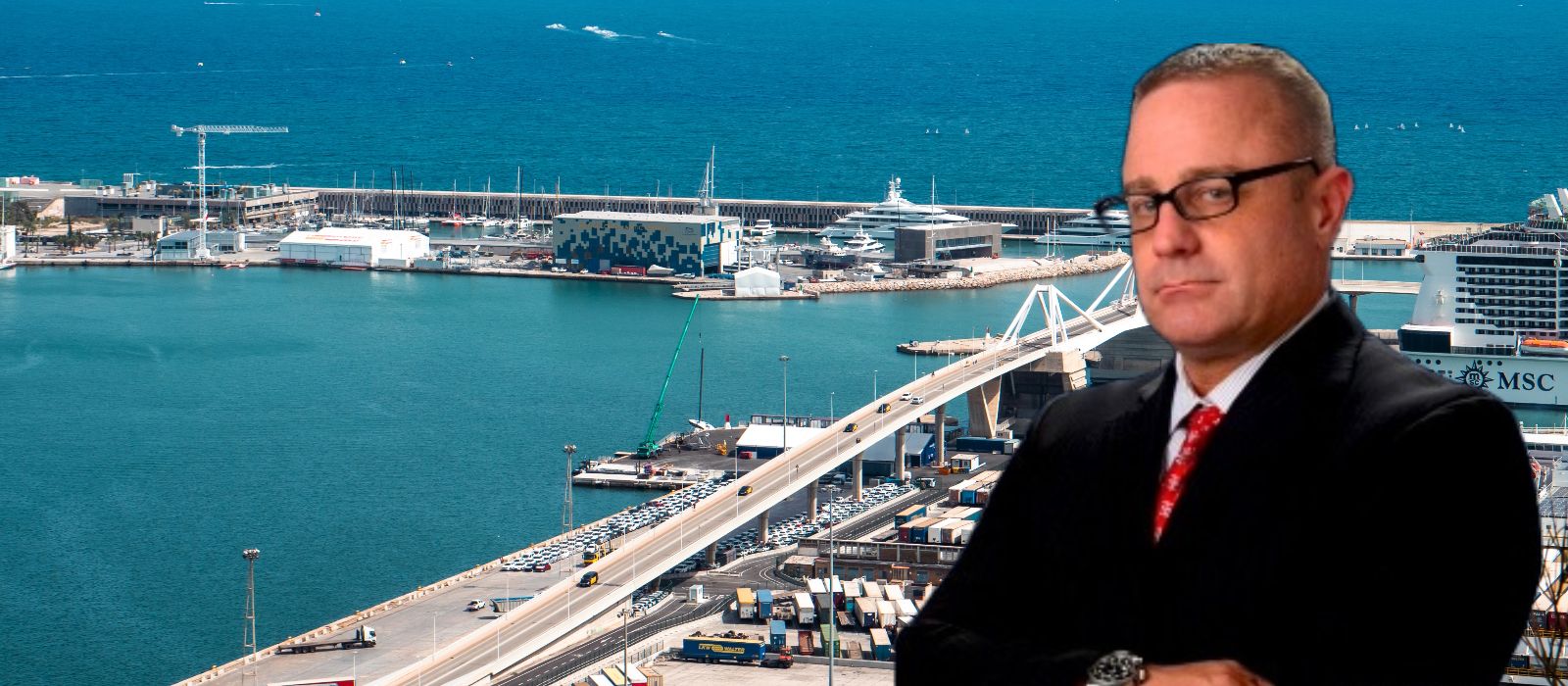What Do I Do After Sexual Assault on a Cruise?
Imagine this: your long-awaited cruise vacation has been booked, and you’re picturing yourself luxuriating poolside with a cool drink. You anticipate mouthwatering food, exciting gambling opportunities, intriguing excursions, and captivating shows. However, as you look ahead to a carefree and stimulating vacation, the thought of becoming a victim of a crime, let alone a sexual assault or a rape, never crosses your mind.
Below, our contributing attorneys have shed significant light on everything you need to know about getting protection after a cruise ship rape. We will also explain why ICVLA is especially suited to help you internationally. Although generally considered safe vacation options, cruise lines face criminal activities, unlike small cities. This article, written by ICVLA, is designed as a sort of rape kit to help you understand sexual assault on a cruise and how to deal with it if and when you or a loved one is assaulted.
The only way to deal with sexual assault is to shed light on it, speak out about it, and seek justice. Silence only perpetuates the problem.
– Tarana Burke
While it’s reassuring that incidents that occur on cruises are relatively infrequent, it doesn’t diminish the fact that they do happen. The U.S. Department of Transportation’s Cruise Line Incident Reports reveal, shockingly, that in the last year alone, 137 major crimes have been reported on cruise ships.
A staggering fact when placed into context with the isolated environment of a cruise ship and its tightly-knit community.
- Predominantly, these crimes involve a passenger being raped or sexually assaulted by a crew member, a fellow passenger, or a crew member becoming a victim within their ranks.
- The Washington Post revealed that sexual assaults on cruise ships that originate or return to the U.S. saw a severe 67% surge during the July 1 – September 30, 2019, timeframe compared to the previous year (35 vs. 21 reported cases). This figure also represents a substantial 35% increase from the last quarter (35 vs. 260).
- Disturbingly, a majority of these sexual assaults (i.e., 27 out of 35) were reported to have been committed by fellow passengers, with crew members and others accounting for the rest.
If you find yourself in the unfortunate and traumatizing situation of being a sexual assault or rape victim on a cruise ship, it’s crucial to know your rights and the appropriate steps to take. This article will detail the necessary processes and legal options and discuss how the International Cruise Victim Lawyers Association (ICVLA) can help you navigate this distressing time and seek the proper legal assistance.
What should I do if I have been sexually assaulted on a cruise ship?
If you find yourself in the unfortunate situation of having been sexually assaulted while on a cruise ship, you must prioritize your safety and take immediate action. The aftermath of such an ordeal can be extremely overwhelming – you are likely to be in shock and possibly in physical pain, but taking the correct next steps is critical in securing your rights as a victim. Here are some crucial actions you should consider:
Preserve the Evidence
Stop and consider the potential evidence before you wash yourself, change your clothing, or clean up your surroundings. While it may be your first instinct to wash away the incident, doing so can impair a later investigation into your assault. Save any clothing, bedding, or other items that might provide substantial evidence in a paper bag until officials can collect them.
Report the Incident
Inform the ship’s security personnel immediately, and seek help from the ship’s infirmary for your physical injuries. This should ideally include a rape kit examination. Be sure to contact the U.S. Federal Bureau of Investigation (FBI) and the U.S. Coast Guard as soon as possible and get their advice on the appropriate next steps.
Document the Incident
Create a detailed record of the incident and those involved, including potential witnesses. Take photos of your injuries and the area where the incident occurred. It’s essential to write down the names of everyone you interact with during these steps, such as the security officers, medical personnel, and anyone else involved.
Seek Medical Attention
Upon your cruise ship reaching its next port, go immediately to the nearest rape treatment center. In most situations, the FBI and local law enforcement should meet the ship upon arrival. Irrespective of your injuries, as soon as you can do so, seek medical attention as you may have sustained psychological trauma.
Contact a Trusted Lawyer
It’s also crucial that you contact an experienced sexual assault lawyer as soon as possible. Legal professionals who specialize in this area will be able to guide you through this tough time, provide advice on what to do after a rape or sexual assault on a cruise ship, and help you to explore your legal options. Make sure to speak to legal experts, such as those available through the International Cruise Victim Lawyers Association, who can help guide you through filing a lawsuit against the party or parties responsible.
Recent Rise in Rape and Sexual Assaults on Cruises
The increasing rates of sexual violence on cruise ships are a growing concern for passengers. It is vital to stay vigilant and informed to prevent becoming a statistic.
What is the definition of rape?

In its simplest form, rape is a type of sexual assault that involves sexual penetration without consent. This could include forced sexual intercourse, including vaginal, anal, or oral penetration, enacted without the person’s consent. It’s important to note, however, that the specific definition of rape can vary based on different jurisdictional codes and societal norms. It encompasses a range of aggressive sexual behaviors committed without the victim’s consent or in situations where the victim is incapable of giving consent.
The Federal Bureau of Investigation (FBI) has a specific definition of rape in the context of United States law.
The FBI’s Uniform Crime Reporting Program defines rape as:
“penetration, no matter how slight, of the vagina or anus with any body part or object, or oral penetration by a sex organ of another person, without the consent of the victim.”
Essential Elements in The Definition of Rape
- Lack of Consent: At the heart of a rape allegation is the issue of consent. In simple terms, consent refers to the agreement or permission for something to happen. In the context of sexual activity, consent must be voluntary, conscious, and present. Any form of coercion, whether physical or psychological, nullifies consent.
- Type of Act: Rape, in its definition, involves some form of sexual penetration, however slight. It could be vaginal, oral, or anal penetration perpetrated by any body part or object.
- Perpetrator-victim Relationship: Rape can be committed by anyone regardless of their relationship with the victim. It could be a stranger, an acquaintance, a spouse, or a partner.
An understanding of these elements is crucial in the legal journey following a rape incident, particularly aboard cruise ships where jurisdictional laws may vary. A knowledgeable and experienced lawyer will be conversant with the variety of definitions and interpretations of rape and can provide the necessary guidance and representation.
Knowing the potential risk factors and potential perpetrators can help you avoid dangerous situations. The assailant could be a crew member, a fellow passenger, or even another crew member. It is essential to remember that while these incidents are rising, they still account for a small percentage of overall onboard activities.
Recent Cruise Ship Sexual Assaults in the News
News reports of sexual assaults on cruise ships are unfortunately rampant. Various incidences have caught the media’s eye, highlighting the severity of this concern, not only for the victims but for potential passengers.
In December 2021, for example, CBS News reported an alarming increase in sexual assaults on cruises, bringing to light several cases of alleged misconduct, groping, and rape. Among them, a fellow passenger sexually assaulted a 15-year-old girl, and a security guard aboard the ship assaulted a woman.
In a more recent incident, dated March 2022, as reported by CNN, a woman claimed to have been sexually assaulted by a crew member aboard a cruise vessel. Despite her immediate report to the ship’s security, she reported feeling like her case wasn’t taken seriously, and as a consequence, the alleged perpetrator wasn’t held accountable.
Similarly, The Guardian, in May 2022, brought attention to the story of a woman who was raped by another passenger on a cruise ship yet felt that the cruise line dealt with her case poorly. The victim stated that the cruise line’s response lacked sensitivity and failed to offer proper assistance and support. Here is one from January 2023, where a woman was raped and got AIDS on the Sky Princess.
These cases, while horrific, paint a picture of the potential risk of sexual assault on cruise ships, the need for better security measures, and the importance of proper handling of such cases.
Why the Increase in Cruise Ship Sexual Assault Incidents?
Identifying the reasons for an increase in sexual assaults on cruise ships can be multifaceted. While each case is unique, certain factors can contribute to a higher risk of sexual assault.
- False Sense of Security: Cruise ships are often seen as safe environments. The relaxed, “holiday” atmosphere can lull passengers into a false sense of security, making them more vulnerable.
- High Alcohol Consumption: It’s no secret that alcohol flows freely on most cruise ships. This can lead to lowered inhibitions and increased vulnerability both for potential victims and perpetrators.
- Lack of Efficient Security Measures: Many victims of sexual assault on cruise ships report a lack of response, sensitivity, and efficiency when it comes to handling their cases. This could potentially encourage perpetrators.
Addressing these issues is crucial in combatting the terrifying rise in cruise ship sexual assault cases and making these ships safer for passengers.
Understanding The Federal Law and Legislation Regarding Shipboard Sexual Assault
Federal regulations such as the Cruise Vessel Security and Safety Act (CVSSA) ensure that cruise lines report any alleged crimes happening onboard. This includes significant crimes like sexual assault and rape. This legislation aims to improve security measures and promote passenger safety. Congress recently introduced the Cruise Passenger Protection Act (CPPA), which enhances crime reporting and medical standards and holds cruise lines accountable for violent incidents, including sexual assault and deaths at sea.
Identifying Risk Factors Aboard Cruise Ships
While each situation varies, several common factors can heighten the risk of sexual assault on cruise ships. The perceived safety of the ship’s glamorous surroundings, a lack of actual security personnel, and excessive service and alcohol consumption can all contribute to the problem. It’s particularly concerning that many sexual assaults go unreported, creating a deep-seated issue within the cruise industry.
Understanding The Impact of Sexual Assault
The aftermath of a sexual assault can have profound emotional and physiological effects on survivors. Symptoms can include post-traumatic stress disorder (PTSD), recurring flashbacks, and a range of emotional responses, including anxiety and depression. All victims of sexual violence should seek immediate medical attention and therapeutic support.
What is post-traumatic stress disorder (PTSD), and how does it relate to sexual assault?
Post-traumatic stress disorder (PTSD) is a psychiatric disorder that may occur in people who have experienced or witnessed a traumatic event such as a natural disaster, a severe accident, a terrorist act, war/combat, or a violent personal assault like rape. This mental health condition is triggered by experiencing or witnessing a life-threatening event. Not everyone who ensues these types of events will develop PTSD, but for those who do, it could be debilitating and highly distressing.
Sexual assault, including rape, is one of the leading causes of PTSD. Survivors often recount persistent, intrusive thoughts about their assault. They may experience nightmares, emotional distress, or physical reactions to triggers that remind them of their traumatic event. It’s also not uncommon for survivors to avoid places, people, or thoughts that recall the assault. They may experience negative feelings about themselves or the world around them, feel excessive guilt, or display a notable alteration in their mood.
Recognizing the Signs and Symptoms of PTSD
Understanding the signs and symptoms of PTSD is crucial in helping yourself or a loved one deal with this mental health condition. The symptoms are generally grouped into four types: intrusive memories, avoidance, changes in physical and emotional reactions, and negative changes in thinking and mood. They can vary over time or vary from person to person.
- Intrusive memories may include recurrent, unwanted memories of the traumatic event, distressing dreams, or flashbacks.
- Avoidance may manifest as steering clear of anything—places, activities, people—that remind you of the traumatic event.
- Changes in physical and emotional reactions can be seen as being easily startled or frightened, self-destructive behavior such as drinking excessively or driving too fast, trouble sleeping, trouble concentrating, irritability, aggressive behavior, or overwhelming guilt or shame.
- Adverse changes in thinking and mood could include hopelessness, memory problems, negative thoughts about oneself, feeling detached from family and friends, or lack of interest in activities once enjoyed.
Getting Help and Support
If you have PTSD after a sexual assault, you must seek help as soon as possible. Contact your healthcare provider, who can assess your condition and refer you to a specialist. Psychotherapy, including cognitive processing therapy and eye movement desensitization and reprocessing, can be highly effective in managing PTSD symptoms. Remember, it’s okay not to be okay, and seeking help is an act of strength and resilience, not weakness.
Alongside professional help, don’t underestimate the power of a solid, reliable support network. Connect with friends and family who will offer you unconditional love and compassion. Consider joining a PTSD or sexual assault survivors support group, where you can share your experiences and draw strength from others who resonate with your journey.
How International Cruise Victim Lawyers Association (ICVLA) Can Help
The ICVLA can assist you in finding the right lawyer to represent your sexual assault case. They offer comprehensive services for victims of crimes on international waters. Their lawyers specialize in cruise ship laws and can help you navigate the maritime legal system to get the compensation you deserve for your traumatic experience.
Legal Recourse and Possible Compensation
Victims may be eligible for compensation for their economic and non-economic losses. Examples include medical costs, lost wages, and emotional pain and suffering. To maximize the likelihood of a successful claim, you should work with experienced maritime lawyers like those at the International Cruise Victim Lawyers Association (ICVLA).
Survivors of sexual assault are incredibly brave and resilient. Their stories deserve to be heard, and their voices deserve to be amplified.
– Taraji P. Henson
What damages and injuries can victims of cruise ship sex crimes seek compensation for?
If you’ve been a victim of sexual assault on a cruise ship, it’s important to remember that you have the right to seek justice, especially by seeking compensation for the damages and injuries you’ve faced. Here are the types of compensation you may be entitled to:
Physical Injuries:
Many victims experience physical harm related to their assault, including bruises, cuts, physical trauma, or sexually transmitted diseases. Treatment for these injuries can be financially taxing, but you can seek compensation to cover these costs.
Treatment and Hospitalization Expenses:
Beyond the immediate injuries, many victims require ongoing medical treatment. This may include STD testing and treatment, psychological therapy, or even surgeries in severe cases. These costs can add up quickly, but compensation can significantly decrease this financial burden.
Lost Wages:
If your assault led to time off work, a change in job, or permanent disability affecting work, you can seek compensation for lost wages. This could be for past lost earnings or anticipated future wage loss.
Mental and Emotional Distress:
Sexual assault can lead to severe emotional trauma, including PTSD and post-sexual violence depression. The emotional distress from the assault can hugely impact your quality of life, and it’s important to recognize this as a significant damage worthy of compensation.
Rehabilitation Expenses:
Recovering from sexual assault often involves rehabilitation, such as therapy, medications, or support groups. These can be expensive but are necessary for recovery. The cost of these essential services can also be included when seeking compensation.
Remember, it’s not just about the financial repercussions but also the emotional, physical, and psychological impact. Holding the responsible parties accountable helps prevent such incidents from happening in the future.
Filing a claim can feel overwhelming while dealing with your recovery, but that’s where the International Cruise Victim Lawyers Association (ICVLA) can provide invaluable help. They can assist in ensuring you’re adequately compensated for the numerous ways your life has been impacted by a cruise ship sexual assault.
Support from the International Cruise Victim Lawyers Association
The ICVLA is dedicated to providing support for individuals who’ve suffered from crimes like rape and sexual assault while on cruise ships. They can guide you through the legal process and help you obtain suitable compensation for your ordeal. Their knowledgeable team has handled numerous cases in this domain, securing settlements for survivors and holding negligent parties accountable.
Why Hiring a Skilled Cruise Ship Attorney is Essential
Working with a highly knowledgeable cruise ship attorney can be pivotal in ensuring you receive the maximum compensation possible after enduring such a traumatic event. These legal professionals are intimately familiar with the complexities that surround sexual assault cases on cruise ships, which can involve a convoluted intersection of maritime law, international law, and laws about the country or state where the ship is registered.
No one should ever have to suffer the trauma of sexual assault. We must work towards creating a world where everyone feels safe and protected.
– Emma Watson
Understanding the Importance of Specialized Knowledge
Handling a sexual assault case from a cruise ship requires specific knowledge of laws and regulations that many general practice attorneys don’t possess. Consequently, the lack of specialized understanding can result in victims being unsuccessful in getting the justice they deserve. This is one of the most substantial reasons you need an attorney specializing in cruise ship law.
Navigating through Complex International Laws
Another challenging aspect is the complex web of international laws and jurisdictions. A company operating under one country’s law could own your cruise ship, be built in another country, and be registered in a third country. This makes it incredibly complicated to establish jurisdiction and determine the applicable laws. A skilled cruise ship attorney knows how to navigate these complexities and can maximize the chances of a successful legal outcome.
Maximizing Your Compensation
A seasoned cruise ship lawyer can help you seek the highest possible compensation to cover your past and future medical bills, lost wages, psychological treatment expenses, and pain and suffering. They can also help to hold the negligent parties accountable, offering some sense of justice and closure to victims.
Providing Emotional Support
Having been a part of similar cases, these lawyers understand the emotional turmoil victims go through. Attorneys from ICVLA don’t only provide legal assistance but also offer emotional support to help victims recover from such disturbing incidents.
Remember, the assault was not your fault, and you are not alone. The experienced attorneys at ICVLA are here to help you through every step of the process.
How can ICVLA help me find a cruise ship lawyer for my sexual assault case?
The International Cruise Victim Lawyers Association (ICVLA) is a not-for-profit organization advocating for victims of crimes, including sexual assault and rape, that occur aboard cruise ships. The ICVLA’s primary role is to assist victims in navigating the complexities of the legal process following their traumatic incident.
Providing Legal Advice and Guidance
The ICVLA provides free legal consultation for victims of cruise ship crimes. Their network of experienced lawyers specializes in maritime law and understands the unique legal challenges presented by crimes committed at sea, including jurisdictional issues and the nuances of international treaties. These lawyers are available to discuss your case, answer your questions, and outline the steps that need to be taken
Additionally, the ICVLA maintains a vast directory of expert cruise ship lawyers in various regions including Texas, California, and Florida. By accessing this directory, you can find a legal representative close to your location, which can provide you with timely support and representation.
Referrals to Qualified Legal Professionals
Understanding the law can be overwhelming, especially in the wake of a traumatic event. It is critical to find the right legal advocate who understands your situation and its complexities. ICVLA can help direct you to vetted legal professionals specializing in your case. These lawyers can then offer guidance on what to expect in legal proceedings, your rights as a victim, and potential compensation that might be available.
Educational Resources and Support
The ICVLA also offers a wealth of online resources for victims. This includes helpful articles, blog posts, and guidelines to help you understand the legal landscape surrounding cruise ship crimes. Information about the potential compensation you can claim, and how to initiate legal proceedings can be found on their platform. Furthermore, they provide reassurance and guidance on coping with the aftermath of such traumatic incidents and preparing for any potential court proceedings.
Continued Support and Legal Assistance
As you prepare to stand up for your rights and take legal action, ICVLA and its network of lawyers stand with you at every step of the journey. Even after putting you in contact with a suitable lawyer, ICVLA remains involved, providing additional support whenever required. Their goal is to ensure victims of cruise ship crimes are not alone in the quest for justice, and they are steadfast in their commitment to help you through this challenging period. Contact us today for more help.
Sources:
